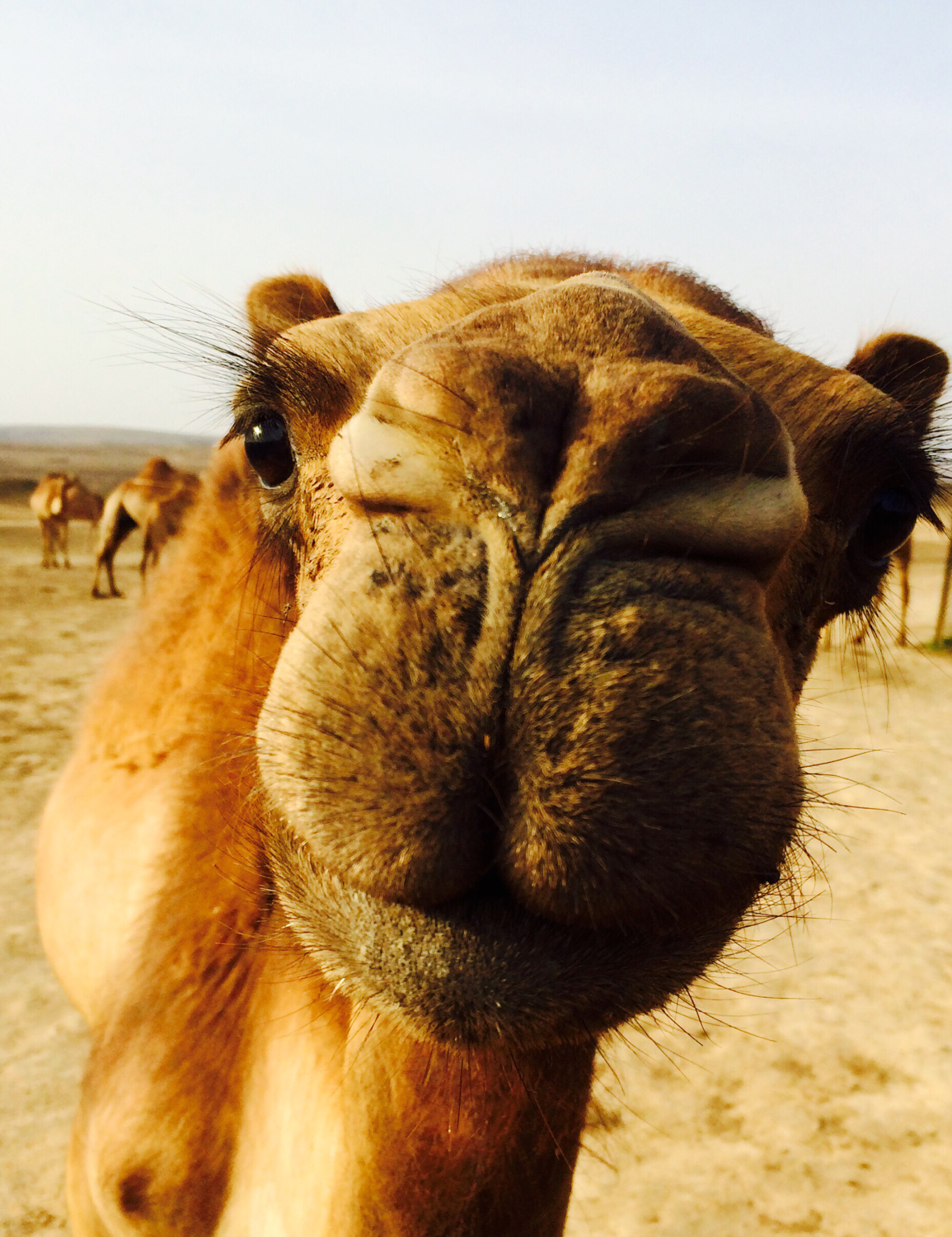Whispers of the Full Moon
- Dhofari Nomad
- Apr 15, 2025
- 3 min read
There is something ancient, magnetic, and deeply personal about a full moon. Every time its round brilliance graces the night sky, I find myself pulled—spiritually, emotionally, and creatively. Whether I’m standing in the heart of Salalah or tucked into the quiet corners of the Dhofari mountains, the full moon becomes more than just a celestial event; it becomes a moment of connection.
A Light That Speaks to the Soul
From a young age, the full moon held a presence that words couldn’t quite explain. It wasn’t just a source of light—it was a reminder. Of time passing. Of stillness. Of something bigger than ourselves watching over us. I began to notice how every full moon brought a calm energy, a reflective silence that wrapped around the landscape like a soft shawl.
Camping under its glow became a ritual. Sitting by a wood fire, brewing tea in the crisp mountain air while the moon hovered silently above—these moments felt sacred. And maybe, in some way, they are.
Cultural Reverence
In Dhofari culture, the moon has always had an unspoken importance. Our ancestors used the moon to guide their nights, to track time, and to mark holy occasions. The lunar calendar still plays a central role in Islamic traditions, with the full moon appearing on the 14th and 15th nights of every month. These are considered spiritually significant, moments to pause and reflect, to fast, and to connect deeper with one’s faith.
The Prophet Muhammad (peace be upon him) would observe additional worship during these nights, and many Muslims around the world still fast on the “White Days” (Ayyam al-Beedh), when the moon shines brightest. Under the moonlight, prayer feels more intimate. It’s as if the heavens are closer, more responsive to the quiet whispers of the soul.
Why the Mountains? Why the Fire?
There’s a primal comfort in returning to the mountains during a full moon. Removed from the distractions of modern life, the moon becomes a companion. The fire crackles, the tea simmers, and suddenly you’re part of a rhythm that has pulsed through generations.
I think the reason we feel inspired when camping under the full moon is because we’re stripped down to our most human form. No noise, no walls—just earth, sky, and soul. The moon becomes a mirror, reflecting our thoughts and memories back to us. It doesn’t speak, but it listens. And in that silence, we often find clarity.
A Shared Heritage
Whether you’re in the desert, the highlands of the mountains, or anywhere across the Arab world, the full moon connects us. It’s a symbol of beauty in Arabic poetry, often compared to the beloved. It’s a sign of guidance to Bedouin travelers. It’s even said in local tales that if you speak your dreams aloud under a full moon, they may just find their way to reality.
So every time I see the moon rise above the silhouette of the Dhofari mountains, I greet it like an old friend. I sit close to the fire, pour the tea, and listen—not just to the world around me, but to the world within.

And maybe that’s what the full moon really does: it reminds us that even in the darkest night, we carry light.
A reflection from above. A reminder to pause. A reason to return.





Comments